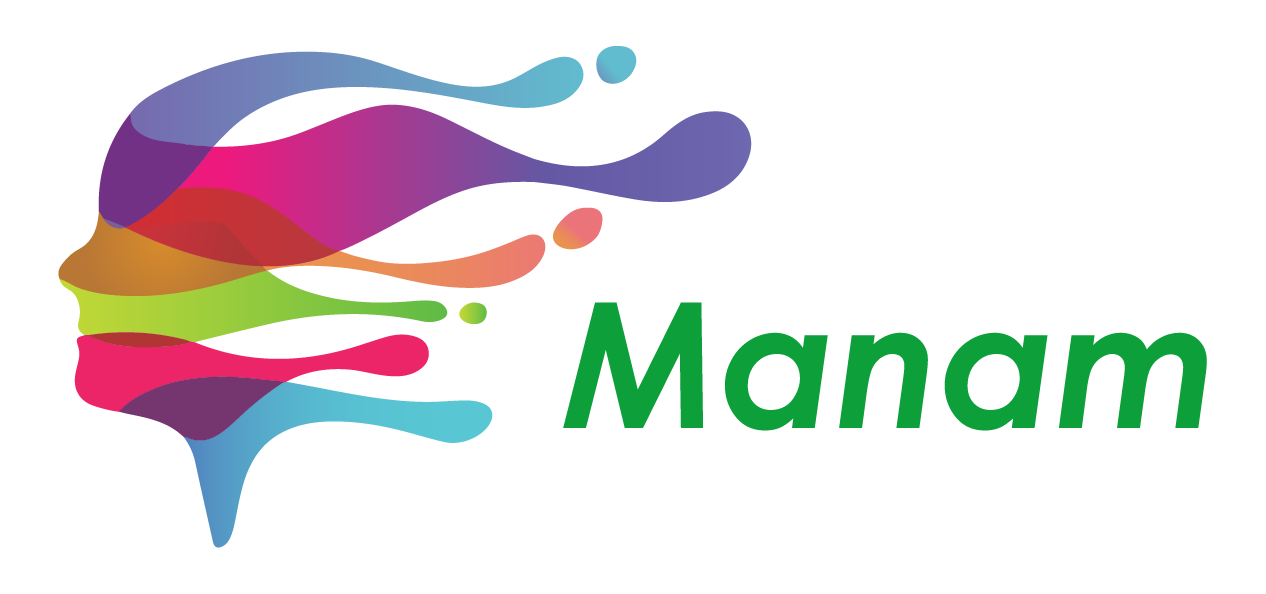
Ikigai (ee-key-guy) is a Japanese concept that combines the terms iki, meaning “alive” or “life,” and gai, meaning “benefit” or “worth.”
When combined, these terms mean that which gives your life worth, meaning, or purpose.
Although it has had some historical shifts in meaning, ikigai has usually been cited as both a personal pursuit and one of benefit to others. In the end, ikigai brings meaning, purpose, and fulfillment to your life, while also contributing to the good of others.
Further, it is said that everyone has an ikigai – their particular intersection of passion, talent, and potential to benefit others. It is only a matter of finding it. The journey to ikigai might require time, deep self-reflection, and effort, but it is one we can all make.
The famous Japanese sushi chef Jiro Ono provides an apt illustration of ikigai, conceived as devotion to a pursuit that brings a sense of fulfilment or accomplishment.
Chef Ono has devoted his life to innovating and perfecting sushi-making techniques. He runs a small, exclusive 10-seat sushi restaurant in Tokyo, Japan.
Chef Ono has achieved the highest Michelin restaurant guide rating of three stars and is widely considered the most accomplished sushi chef globally. In Jiro Dreams of Sushi (Gelb, Iwashina, Pellegrini, & Ono, 2012), the award-winning documentary about his life and work,
Chef Ono states:
“You have to fall in love with your work… dedicate your life to mastering your skill… I’ll keep trying to reach the top, but no one knows where the top is.”
(Age of Ideas, 2020)
This is a good illustration of ikigai as a devotion to what one loves, an effort toward mastery and accomplishment, and a never-ending journey that also brings a sense of fulfilment.
